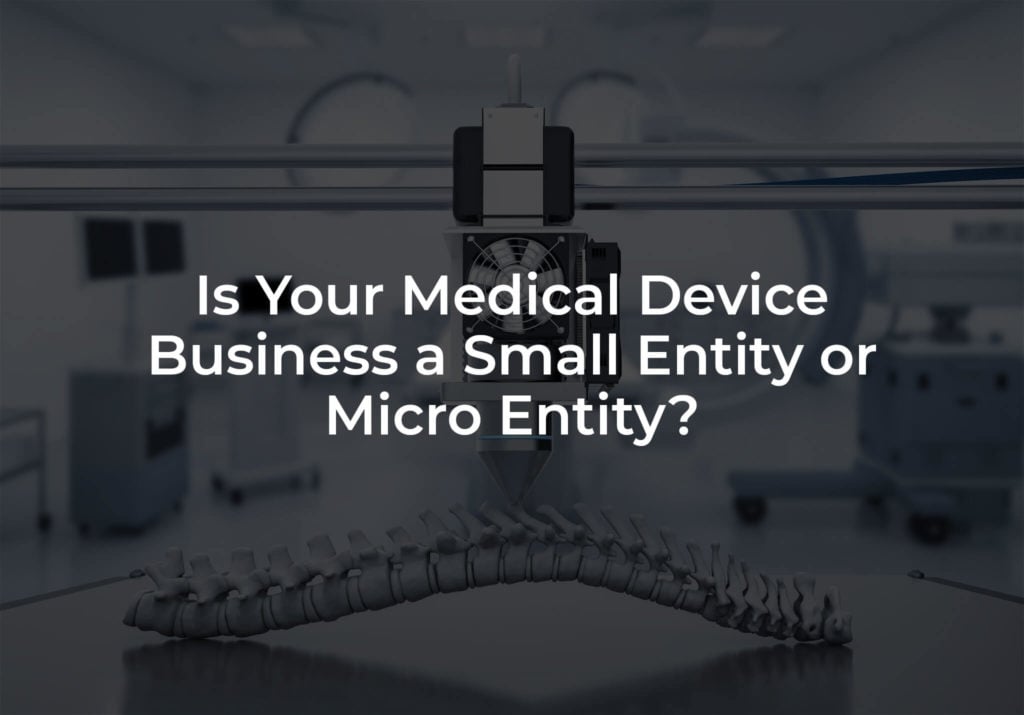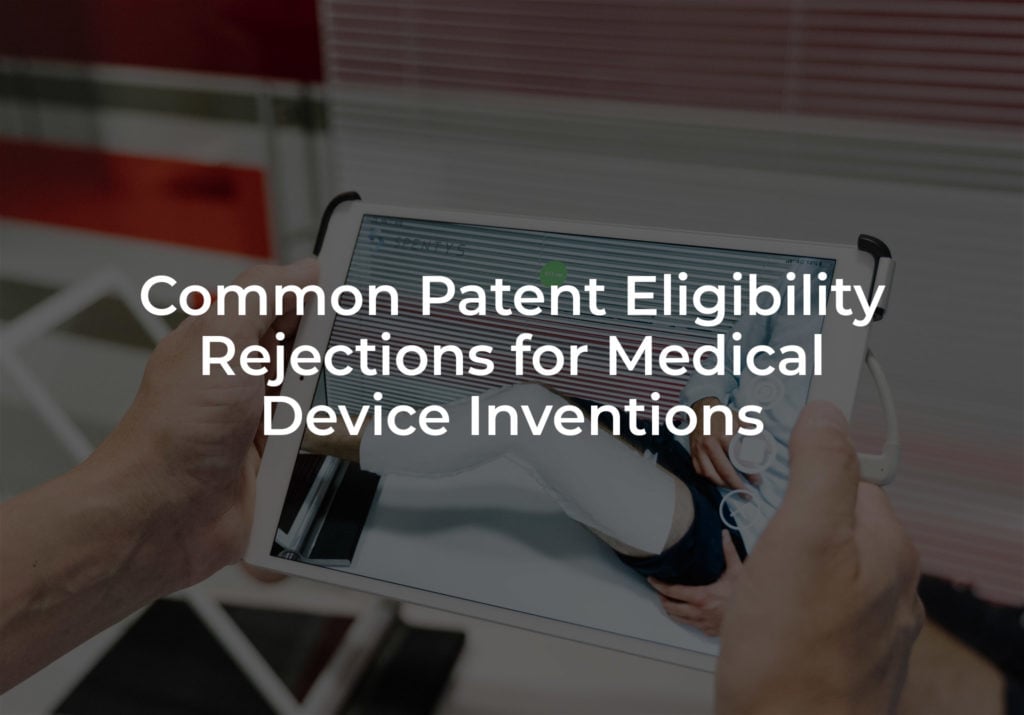Filing for patent protection with the United States Patent and Trademark Office (USPTO or “Office”) requires the payment of many fees associated with the patent prosecution process. A few examples of the fees that applicants are required to pay include: the basic filing fee, a search fee, and an examination fee. But there are many others. The exact amount of additional fees can depend on the entity status of the applicant.
Applicants that establish small entity status or micro entity status are eligible to pay reduced rates for certain USPTO fees. The Office offers reduced fees to universities, small businesses, startups, independent inventors, and others to make the patent prosecution process more accessible, which in turn helps promote innovation and competition in the American and international markets.
A Breakdown of the Various Entity Statuses
Applicants must indicate to the USPTO their entity status for the purposes of assessing fees associated with a patent application. The USPTO fee schedule can be found here. There is a large entity status, a small entity status, and a micro entity status.
Large entities pay the regular rate, and this designation is the default status for large, well-established companies. For example, some of the top patent filing medical device companies, including Olympus Corp., Covidien LP, Medtronic, Philips, Boston Scientific, Siemens, and Ethicon, are large entity companies.
Small entities receive a 50% reduction on some patent filing fees. Office regulation 37 CFR 1.27 explains that a small entity can be an individual inventor, a small business with fewer than 500 employees, or a qualifying non-profit organization, such as a university. Furthermore, the applicant cannot be under an obligation to assign or license their rights to the patent application to an entity that is too large to qualify for small entity status.
To be eligible for micro entity status, an applicant must satisfy the requirements in Office regulation 37 CFR 1.29 in addition to those in 37 CFR 1.27 for small entity status. First, the inventor cannot be named on more than four U.S. patent applications. Second, the applicant cannot have exceeded a predetermined income threshold. For micro entity status, the income threshold is determined as having a gross income of less than three times the median US household income (for the year preceding a request for micro entity status). Once established, a micro entity receives a 75% discount on certain patent filing fees.
The current fees applicants are required to pay for Large/Small/Micro entities, include:
- filing fee $320/$160/$80;
- search fee $700/$350/$175; and
- examination fee $800/$400/$200;
- for a total of $1820/$910/$455.
Getting Help with Small or Micro Entity Status
If an applicant claims a particular entity status, but during prosecution circumstances change to make the applicant no longer eligible for that particular status, then the applicant should act quickly to address the change with the USPTO. Timely filing the correcting documents, certifications, and submitting the payment of appropriate fee amounts can address the change in entity status. Applicants must always be candid with the USPTO because any attempt to fraudulently establish status as a small entity, or pay fees as a small entity, shall be considered as a fraud practiced or attempted on the Office. An experienced patent attorney can help you appropriately change your entity status when needed.
Those who are eligible for small or micro entity status should take advantage of the savings by making the appropriate certifications to the USPTO. If you need help determining your medical device company’s entity status or require assistance establishing your entity status, the professionals at the Rapacke Law Group are ready to assist you. We offer free initial consultations so please contact us today.




